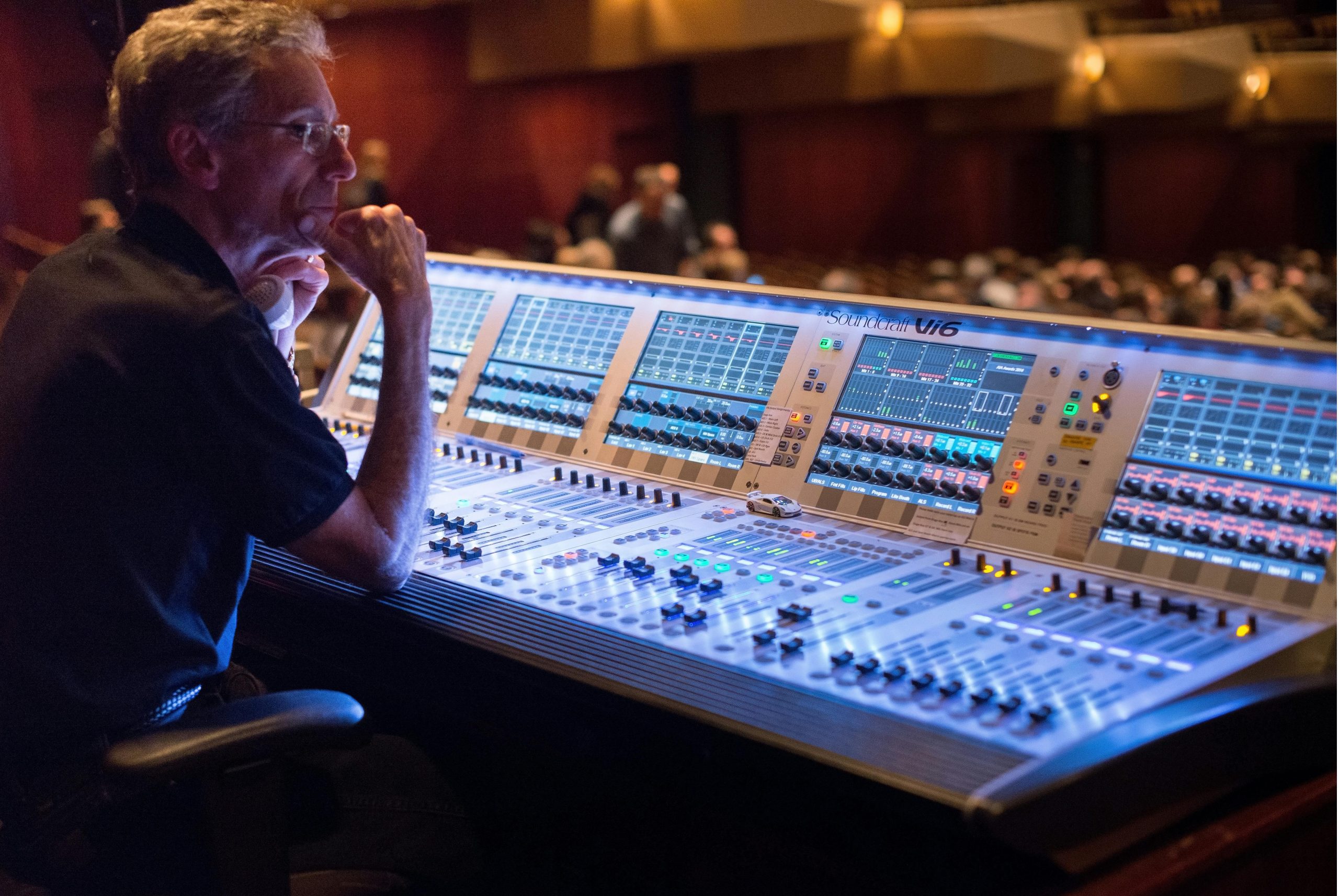Can You Sue an AI? Legal Rights in the Age of Music Imitation

The Legal Gray Zone of AI-Created Music
AI-generated music is evolving fast but the law is still playing catch-up. While human artists are protected under copyright, things get blurry when an AI model creates a song that sounds just like a real person. Right now, there’s no clear legal framework for holding AI models accountable in the same way you could sue another artist or company. This means music professionals are entering uncharted territory when it comes to protecting their sound.
Most current laws focus on human intent and ownership, which doesn’t always apply when a machine is generating content. So, if a synthetic track mimics your style—or even your voice—what legal recourse do you really have?
Voice and Style: Where Personality Rights Kick In
One area getting more attention is “right of publicity”—a legal protection that gives people control over how their voice or likeness is used. If an AI-generated song sounds unmistakably like a well-known artist, there may be grounds for a lawsuit based on unauthorized impersonation. That said, winning such a case can be tricky, especially if the AI never explicitly names the artist or uses their actual recordings.
For emerging artists or indie musicians, this legal gray area can feel especially risky. While high-profile stars might have the resources to push back, others may struggle to even prove their voice or musical identity was used as training material.
Can You Hold the Developer Accountable?
Another big question is: Who’s responsible— the AI or the people behind it? In most legal systems, AI can’t be sued because it’s not a person or a legal entity. That means developers, platforms, or distributors could be the ones facing potential claims if a model generates infringing content.
But here’s the catch: proving intent or negligence from these parties is tough. Unless you can show that someone knowingly used your copyrighted material or allowed your voice to be cloned, the burden of proof falls heavily on the artist. That’s why many professionals are now turning to detection tools to catch problematic tracks before they get released.
Prevention Over Litigation
Given how slow and uncertain lawsuits can be, prevention is becoming the smarter play. Tools like aimusicdetection.com help identify AI-generated music early—flagging tracks that imitate artists without credit or consent. These tools are especially useful for music libraries, sync teams, and record labels looking to avoid legal headaches down the line.
By using detection platforms proactively, professionals can avoid using or licensing content that could later be challenged, saving time, money, and reputation.
Conclusion
So—can you sue an AI? Technically, no. But the people and companies deploying AI models might be on the hook, especially when imitation crosses the line. As synthetic music keeps growing, artists and studios need to stay alert and rely on tools that verify authenticity. Until legislation catches up, detection is your first line of defense.
